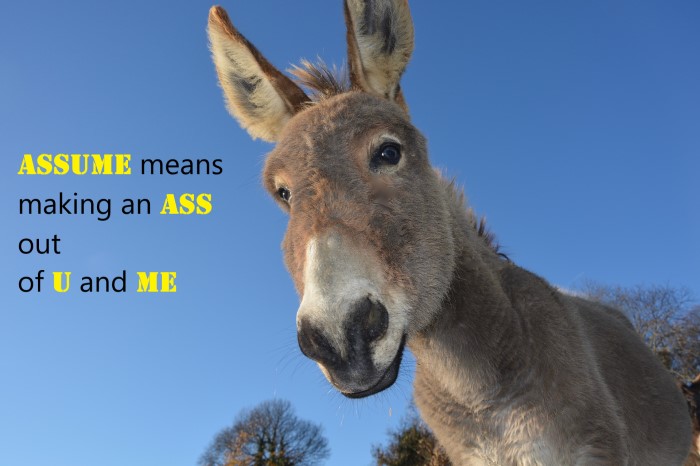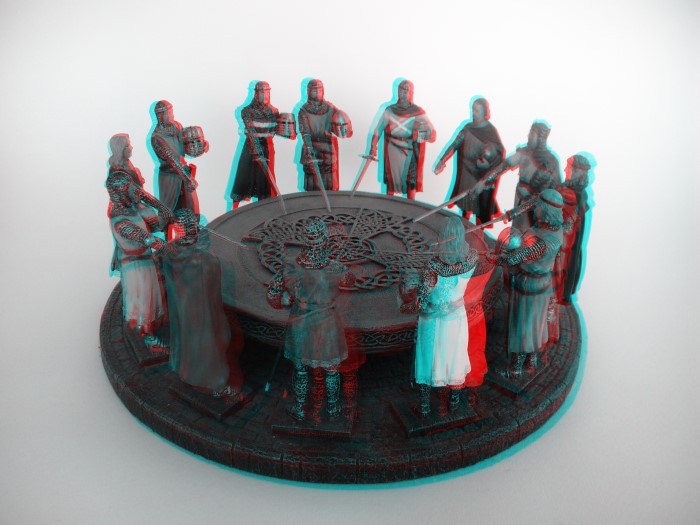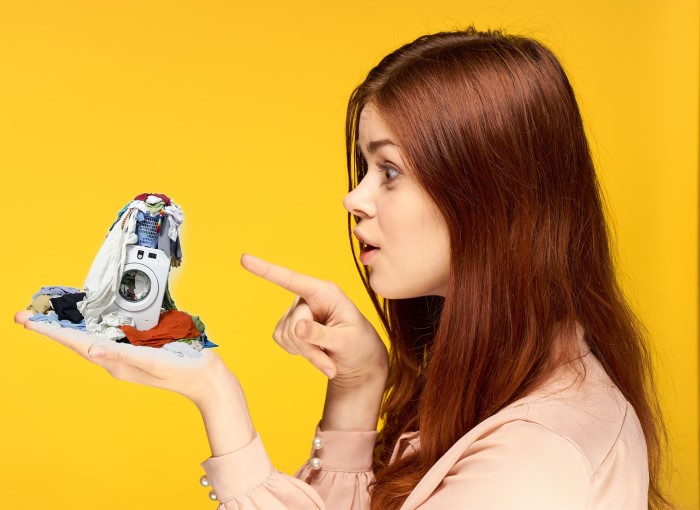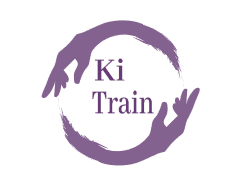The definition of the word ‘arrogance’ is formulated as ‘an attitude of superiority manifested in an overbearing manner or in presumptuous claims or assumptions’. In simpler words being arrogant means to be blinded by the ‘knowing it all’ state of mind.
Self-healing is a continuous process of self-exploration and growth which may be hindered by making wrong assumptions about our reality. The first step in healing self-awareness, which is nourished by good active listening skills. If we truly want to heal, we must listen to our body, to the environment, to the loved ones and to our mentors without wrongly assuming that we already know everything.

Arrogant vs Humble
Only when we humble ourselves, we are open to new learning experiences. Intellectual growth should only stop at the time of death. In reality, when one starts to be arrogant, the learning and personal growth ceases to happen, creating stagnation in our evolution. For example, in a relationship with a friend, you cannot be always right in your opinions. When you think you are, you wont even listen to what the other party has to say.
Being humble doesn’t mean not having an opinion. It means to take into consideration that maybe others have a say on the matter.
When mind becomes arrogant, the communication between the body and mind doesn’t flow naturally. We stop listening to our body, and as a result, sickness may appear.

Arrogance versus Self-Esteem
Being arrogant and high self-esteem are two different notions. Self-confidence and self-esteem are great as long as they are practiced in moderation. There is a time to act and a time to rest, there is a time to talk and a time to listen. High levels of self-esteem should bring about the power to listen before talking.
Many sorts of actions may lead to injuries or even fatal accidents just because we treat the situation from a place of arrogance. As a driver, a drop of arrogance may take you to an accident with disastrous consequences for you and others.
Ki Train Method practitioners understand self-healing happens best when listening to our intuition – the channel of communication between physical and mental. As an example: the body requires a certain type of nourishment but we cannot hear its ‘words’ because we are overwhelmed with habits which we believe (arrogant state of mind) that they are the best for us.
Another example is when our body needs resting and yet, we continue depriving it from the needed refreshment or break. Prolonged exhaustion leads to illness.
Cultural and family beliefs are probably among the strongest, mainly because they are present in our universe for generations, even before we are born. They are inherited beliefs. We are being told that this is the way to live, and we slowly adopt them as part of our life, without questioning them.
Arrogance and Cultural Beliefs
What if those inherited beliefs are detrimental for your health and wellbeing? Would you take the time and energy to change them?
Many people acquire the ‘I know it all’ syndrome, developed at subtle levels of subconscious mind. From the multinational work environment where the ‘boss’ knows all the answers, regardless if they remain within their area of expertise, to the family head (usually represented by the father, but sometimes also grandfather or even mother figure) who, even if not being the wisest among its kind, will express an opinion. Arrogance leads most times to wrong decisions for everyone.
‘Better’ versus ‘Different’
We tend to compare with others in all areas of our life. We judge others based on our expectations and assumptions. At times, seeing others’ actions we put labels on everything. Are they really better or worse than us?
A few years ago, I decided to replace the words better (or worse) with different. It made such a big difference even in teaching my students, as they also keep comparing themselves with others, leading to states of frustration and disappointment. A ‘mistake’ is considered a mistake when the action does not meet the expectation. In reality, its all about the system of reference we adopt in life.
Although we strive for self-improvement, we must never forget we are unique individuals. Practicing humility resets our learning capabilities.

Tai Chi, the Weapon Against Arrogance
Ego is part of the game of competition and survival. Tai Chi is fluid and calm, just like the water in its most natural state. It is impossible to practice without being completely egoless. That is probably one reason for which many find it ‘boring and too slow’. They can’t relax by transforming their attitude into one of humility. I acknowledged through my researches many different martial arts masters, some of them quite arrogant. I have never met an arrogant Tai Chi master.
A big part of being humble is learning how to truly listen. With Tai Chi, we learn how to listen to both our physical body and the higher self. Intuition is a quality we all have but not all work on it to develop it at maximum levels. When arrogance is taking over the mind, everything else becomes foggy and we miss out on important parts of life. It is like you drive into an amazing area with beautiful mountains and forests but you can’t see anything because of the fog. The secret ingredient of true Tai Chi masters that allows them to see through the fog is practicing humility.
